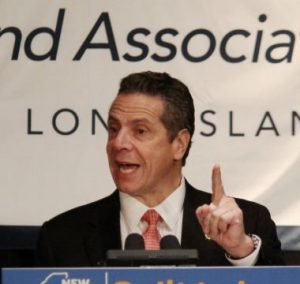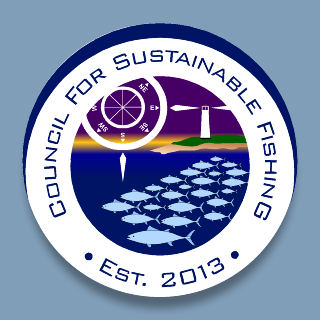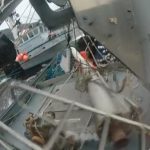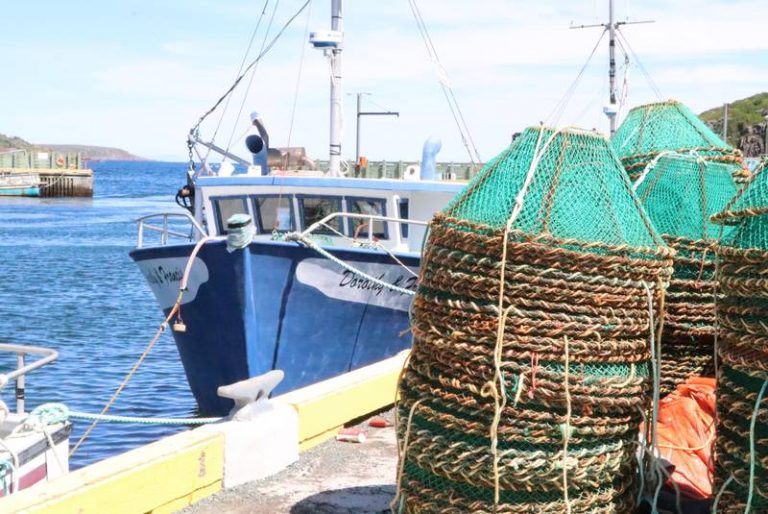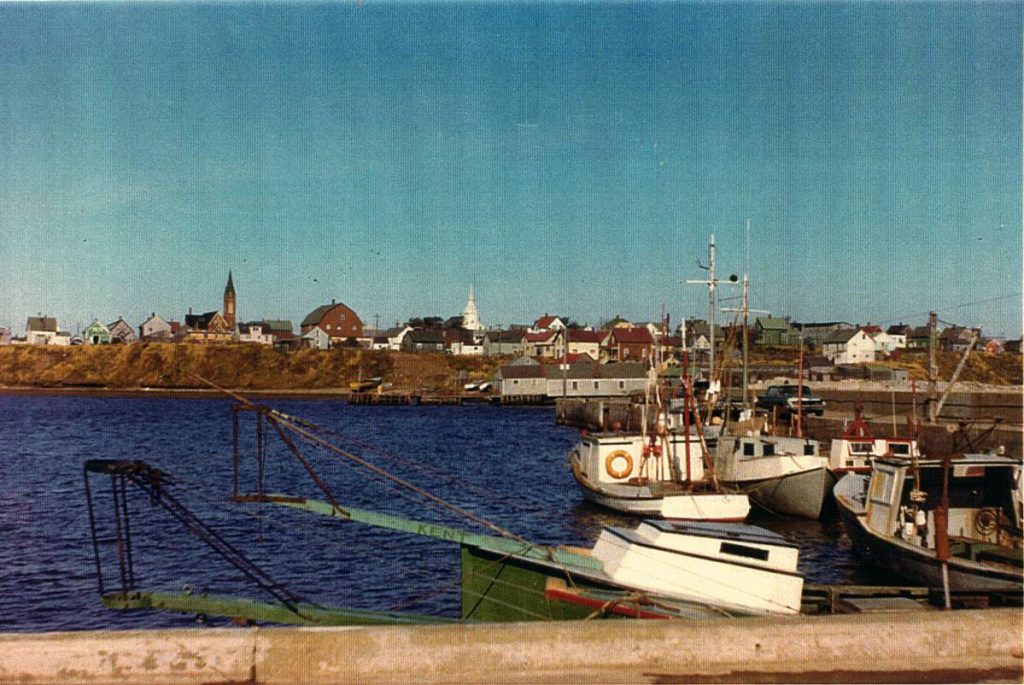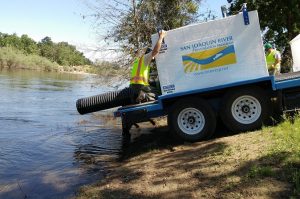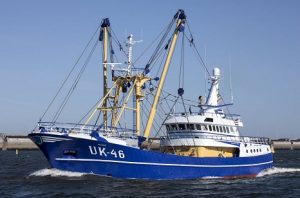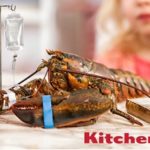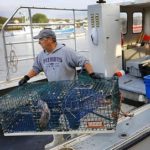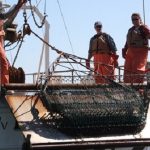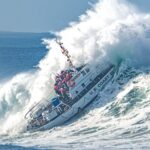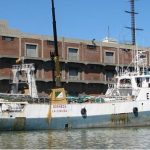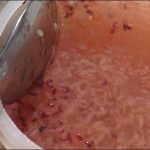Daily Archives: January 22, 2017
Has the Trump administration already made fluke fishing great again?
 On Friday, January 20, just hours after the official transition of presidential power, the White House ordered an immediate freeze of pending regulations until they can be reviewed by the new Trump administration. In an inauguration day memo to federal departments and agencies, new White House Chief of Staff Reince Priebus said the freeze was designed to ensure that President Donald Trump’s appointees or designees “have the opportunity to review any new or pending regulations.” Sent to the current heads of all executive departments and federal agencies, the memo from Priebus applies to any regulations not yet sent for final publication in the Federal Register and asks federal agencies to not send any regulation to the Federal Register until reviewed by the Trump administration. President Trump has tabbed New York businessman Wilbur Ross as the next Secretary of Commerce, the cabinet head with ultimate authority over NOAA Fisheries. Read the article here 20:36
On Friday, January 20, just hours after the official transition of presidential power, the White House ordered an immediate freeze of pending regulations until they can be reviewed by the new Trump administration. In an inauguration day memo to federal departments and agencies, new White House Chief of Staff Reince Priebus said the freeze was designed to ensure that President Donald Trump’s appointees or designees “have the opportunity to review any new or pending regulations.” Sent to the current heads of all executive departments and federal agencies, the memo from Priebus applies to any regulations not yet sent for final publication in the Federal Register and asks federal agencies to not send any regulation to the Federal Register until reviewed by the Trump administration. President Trump has tabbed New York businessman Wilbur Ross as the next Secretary of Commerce, the cabinet head with ultimate authority over NOAA Fisheries. Read the article here 20:36
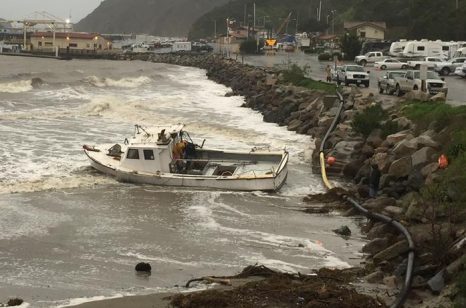
Crab Boat washes up onto beach at Port San Luis
A boat broke free of its mooring and washed up onto a beach at Port San Luis on Sunday morning. The co-owner of the boat launch facility tells KSBY the 35-foot crab boat crashed into the rocks before coming to rest on the beach. It reportedly belongs to Port San Luis Harbor Commissioner Bill Barrow who is also a commercial fisherman. About a dozen fishermen volunteered their time to help remove critical pieces of equipment off the boat. Read the full story here 17:44

2017 IPHC Annual Meeting Monday, January 23 through Friday, January 27, 2017 in Victoria, British Columbia
The Ninety-third Annual Meeting of the International Pacific Halibut Commission will be held from Monday, January 23 through Friday, January 27, 2017 in Victoria, British Columbia at the Delta Hotels Victoria Ocean Pointe Resort. Further details on the 2017 IPHC Annual Meeting
Robert Morrissey cautions P.E.I. fishermen about future of lobster stock
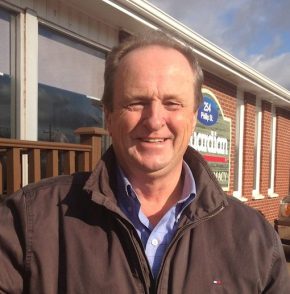 The lengthy discussions on lobster carapace that kept the Prince County Fishermen’s Association’s annual meeting running for nearly five hours last week were largely missing from the Western Gulf Fishermen’s Association agenda last Monday. It’s not that carapace wasn’t on the fishermen’s minds. It’s just that president Francis Morrissey advised members they will organize a special meeting to discuss carapace rather than take up time at the annual meeting. They did hear from Egmont MP Robert Morrissey,,, Read the story here 14:07
The lengthy discussions on lobster carapace that kept the Prince County Fishermen’s Association’s annual meeting running for nearly five hours last week were largely missing from the Western Gulf Fishermen’s Association agenda last Monday. It’s not that carapace wasn’t on the fishermen’s minds. It’s just that president Francis Morrissey advised members they will organize a special meeting to discuss carapace rather than take up time at the annual meeting. They did hear from Egmont MP Robert Morrissey,,, Read the story here 14:07
Today’s Dungeness crab fisherman must be smart, rational to survive
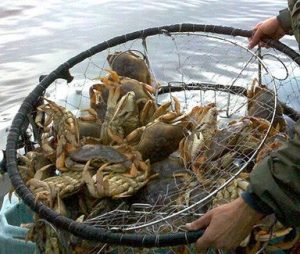 Some may wonder if the 2017 Dungeness crab season is ill-fated: First delayed by weeks to make certain crab were free of domoic acid toxin, delayed again after processors proposed lowering the price paid to crabbers, and then it started with a capsizing that could have cost five lives except for quick intervention by the Ballad. Today’s crabbers and fishermen have to be smart and rational to survive — literally and economically. Crab around the mouth of the Columbia this season never exceeded safe levels of marine toxin, but the industry is united in striving to preserve the reputation of Dungeness crab as a pure, premium product. For this reason alone, it’s sensible to take every precaution. Delays in the season also often have strategic components involving jockeying over price, and competition over crabbing grounds. Sometimes crabbers wait to allow an early-season storm to pass. In this instance, the closure went longer than most anyone wanted. Read the op-ed here 10:41
Some may wonder if the 2017 Dungeness crab season is ill-fated: First delayed by weeks to make certain crab were free of domoic acid toxin, delayed again after processors proposed lowering the price paid to crabbers, and then it started with a capsizing that could have cost five lives except for quick intervention by the Ballad. Today’s crabbers and fishermen have to be smart and rational to survive — literally and economically. Crab around the mouth of the Columbia this season never exceeded safe levels of marine toxin, but the industry is united in striving to preserve the reputation of Dungeness crab as a pure, premium product. For this reason alone, it’s sensible to take every precaution. Delays in the season also often have strategic components involving jockeying over price, and competition over crabbing grounds. Sometimes crabbers wait to allow an early-season storm to pass. In this instance, the closure went longer than most anyone wanted. Read the op-ed here 10:41
Six pilot studies test sea urchin farming in Canada
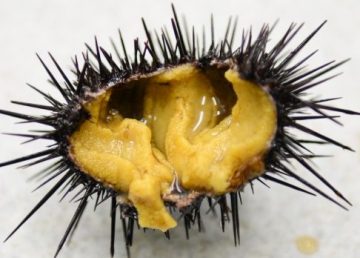 Federal scientists and others are exploring the possibility of sea urchin farming in Canada, with at least six pilot studies using Norwegian technology that proponents hope will turn “zombie” urchins which can denude kelp beds into profitable seafood. The first of the studies, conducted by Fisheries and Oceans Canada, is expected to start next week in waters off Vancouver Island, with others planned for Newfoundland, Quebec and Nova Scotia. Wild urchins are harvested in B.C. and elsewhere, but aren’t farmed commercially anywhere in Canada — yet. But the efforts to birth a new aquaculture industry are already running into questions about the ecological cost. Read the story here 09:11
Federal scientists and others are exploring the possibility of sea urchin farming in Canada, with at least six pilot studies using Norwegian technology that proponents hope will turn “zombie” urchins which can denude kelp beds into profitable seafood. The first of the studies, conducted by Fisheries and Oceans Canada, is expected to start next week in waters off Vancouver Island, with others planned for Newfoundland, Quebec and Nova Scotia. Wild urchins are harvested in B.C. and elsewhere, but aren’t farmed commercially anywhere in Canada — yet. But the efforts to birth a new aquaculture industry are already running into questions about the ecological cost. Read the story here 09:11
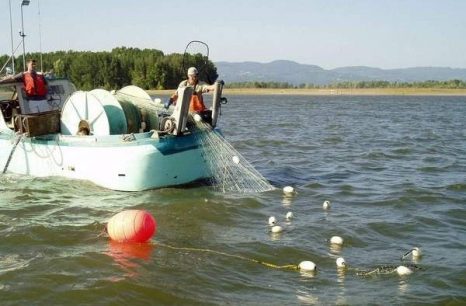
On Friday, the commercial fishery won the day – Gillnetters get continued access to main Columbia channel
By a tight 4-3 vote, the Oregon Department of Fish and Wildlife Commission veered away from an outright ban on gillnetting in the main channel of the lower Columbia River and set the state at odds with neighboring Washington on how to manage protected salmon and steelhead. The commission heard more than six hours of staff reports and strikingly discordant testimony from commercial gillnetters and recreational anglers, who have argued for years over who gets to catch how much of seasonal salmon runs, and what methods they may use. On Friday, the commercial fishery won the day, their case made by a parade of gritty Astoria gillnetters who spoke of generational ties, community businesses and family fortunes at risk if they were no longer able to make a living. Read the story here 08:06






